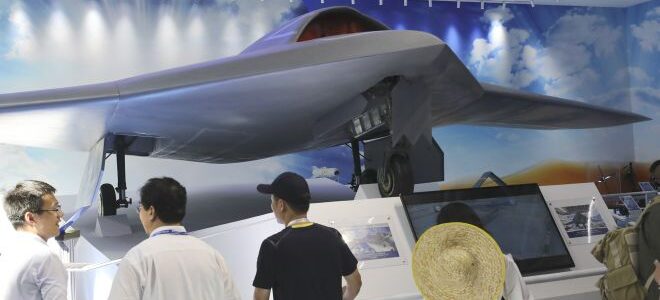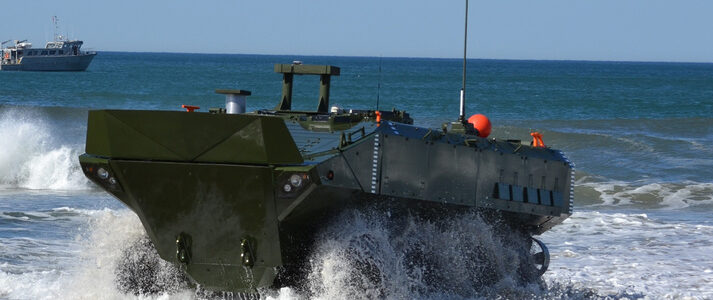In modern-day manufacturing, technology is forever advancing and it is essential to keep up with the all latest trends. Throughout our history, we have seen a number of methods implemented to manufacture custom parts. Today, CNC machining and 3D printing are seen as two of the most widely used manufacturing processes.
With the rapid growth of 3D printing technology, some believe it has become the first choice for many industries. On the other hand, CNC machining is still considered a reliable standard and there really aren’t many things that don’t involve CNC machined parts somewhere in the process.
Looking at the available technologies and industries utilising CNC machining and 3D printing, how do they work? Which industries prefer one or the other and how do they compare?











Recent Comments